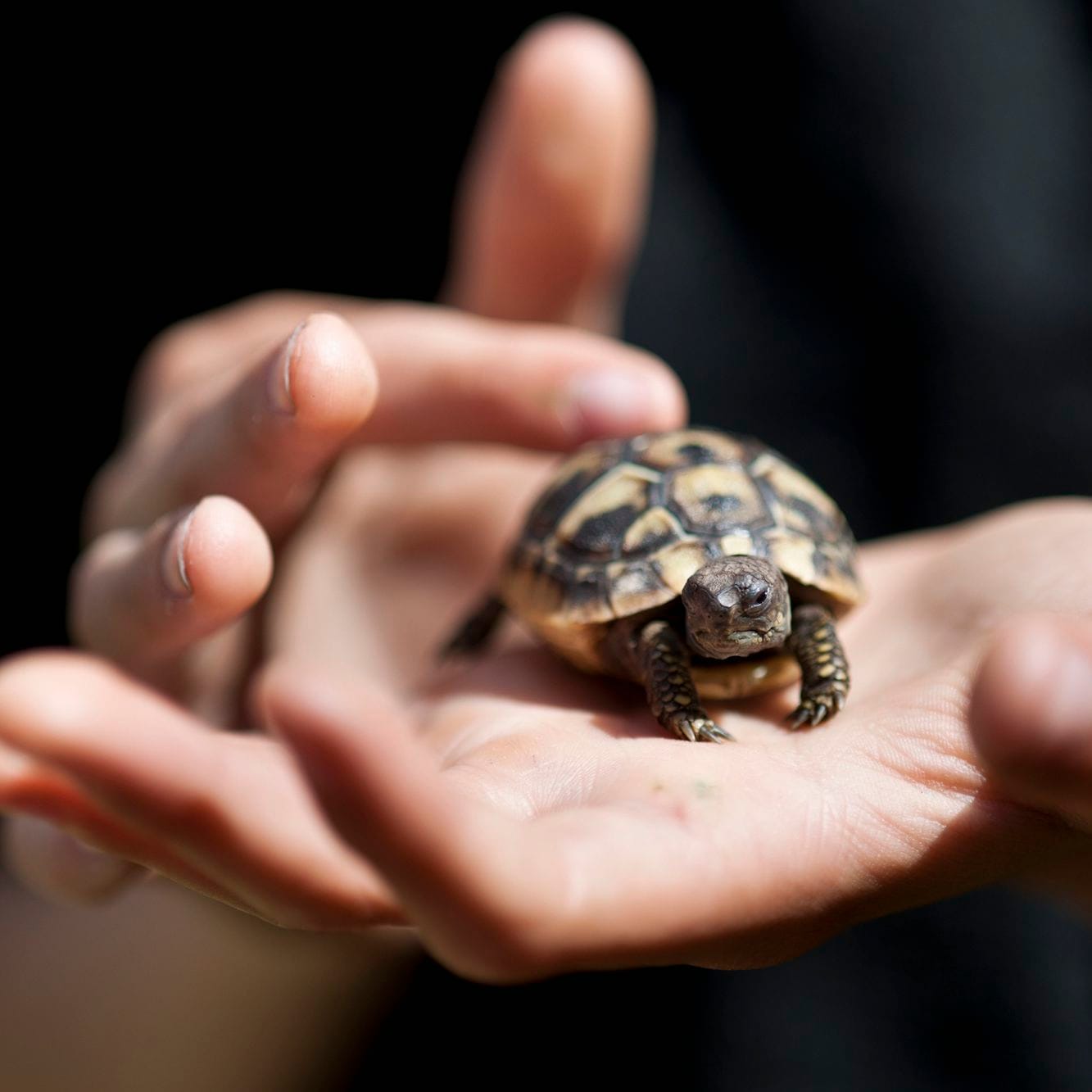Ever wondered about the incredible longevity of tortoises? Prepare to be amazed as we delve into the captivating world of these ancient creatures and uncover the secrets behind their remarkable lifespans. From genetics to lifestyle, we’ll explore the factors that contribute to their long lives, examine the lifespans of different tortoise species, and address some common myths surrounding tortoise longevity.
Unmasking Tortoise Longevity: Why Do They Live So Long?
While a century might seem like an eternity to us humans, for tortoises, it’s often just the beginning. These extraordinary reptiles are renowned for their impressive lifespans, often outliving multiple human generations. But what’s the secret behind their remarkable longevity?
Scientists believe that a combination of factors contributes to the extended lifespans of tortoises:
- Genetics: Tortoises likely possess unique genetic adaptations that contribute to their longevity. Researchers are actively studying their genes to understand the mechanisms behind their slow aging process.
- Slow Metabolism: Compared to many other animals, tortoises have remarkably slow metabolisms. This means they burn energy at a much slower rate, which may contribute to a longer lifespan.
- Protective Shell: Their iconic shells provide tortoises with significant protection from predators and environmental hazards, contributing to their long-term survival.
Tortoise Lifespans: From Decades to Centuries
The average tortoise lifespan can vary significantly depending on the species, ranging from a respectable few decades to well over a century. Here’s a glimpse into the lifespans of some popular tortoise species:
| Tortoise Species | Average Lifespan |
|---|---|
| Galapagos Tortoise | 100-150+ years |
| Radiated Tortoise | Around 100 years |
| Texas Tortoise | 80-120 years |
| Bolson Tortoise | Over 80 years |
| Red-Footed Tortoise | 20-50 years |
| Indian Star Tortoise | 35-80 years (wild) |
| Russian Tortoise | 40-50 years (captivity) |
It’s important to note that these are just averages. Factors like genetics, diet, habitat, and overall health can all influence an individual tortoise’s lifespan.
Can Tortoises Really Live for 500 Years? Separating Fact from Fiction
Tales of tortoises living for centuries, even reaching the mythical 500-year mark, have captivated imaginations for generations. While there’s no scientific evidence to support a tortoise lifespan of 500 years, it’s easy to see why this myth persists.
The oldest documented land animal in the world is Jonathan the Tortoise, a Seychelles giant tortoise residing on the island of Saint Helena. Jonathan, hatched around 1832, is estimated to be an astonishing 190 years old!
While 500 years might be a stretch, the fact that tortoises can live for well over a century fuels the possibility of even more remarkable discoveries in the future.
Can Turtles Live for 1000 Years? Exploring the Limits of Turtle Longevity
Just like with tortoises, the idea of turtles outliving humans by centuries has a certain mythical appeal. While some sources claim astonishing lifespans for certain turtle species, scientific evidence paints a more grounded picture.
The average lifespan for most turtle species falls between 80 to 150 years, which is still incredibly long compared to many other animals. Giant tortoises, like those found in the Galapagos Islands, are known to live for 150 years or more.
However, it’s essential to acknowledge that tracking the lifespans of these long-lived creatures is a challenge for researchers. It’s entirely possible that there are undiscovered factors or even species that could push the boundaries of our current understanding of turtle longevity.
It’s essential to approach claims of extremely long lifespans, such as 1000 years, with a healthy dose of skepticism. While captivating, these claims often stem from anecdotal evidence or misinterpretations.
How Long Do Tortoises Live as Pets?
Bringing home a tortoise as a pet is a commitment that can span decades. Providing proper care is crucial to ensure your shelled companion lives a long, healthy life. Here’s what you need to know about the lifespans of pet tortoises:
Species Matters: Different tortoise species have vastly different lifespans. Researching the specific needs of your chosen species is crucial. Some common pet tortoises and their average lifespans include:
- Red-footed Tortoise: 20-50 years
- Leopard Tortoise: 50-100 years
- Sulcata Tortoise: 70-100 years
- Hermann’s Tortoise: 50-80 years
- Russian Tortoise: 40-50 years
Creating a Longevity-Boosting Environment:
- Diet: A balanced, species-appropriate diet is fundamental to a tortoise’s health and lifespan. Consult a veterinarian or a reputable tortoise breeder for guidance on the best foods for your pet.
- Habitat: A spacious enclosure with proper temperature gradients, humidity levels, and access to UVB lighting is essential for your tortoise’s well-being and longevity.
- Healthcare: Regular veterinary checkups are crucial for identifying and addressing potential health issues early on, which can significantly impact your tortoise’s lifespan.
A Lifelong Commitment:
Owning a tortoise is a rewarding experience but requires a long-term commitment. These fascinating creatures can live for decades, often outliving their owners. Make sure you’re prepared to provide the care and attention your tortoise needs to thrive throughout its life.
Learn more about the unique characteristics of the Leatherback sea turtle and its importance to the marine ecosystem.
Discover a collection of stunning titmouse bird pictures that capture their vibrant colors and adorable expressions.
- Unlocking 2-Letter Words with U: The Definitive Guide - April 4, 2025
- Unlock Words with the Letters THREE: Top Unscramble Tools 2025 - April 4, 2025
- Master Scrabble: X & Z Words for High Scores - April 4, 2025
















